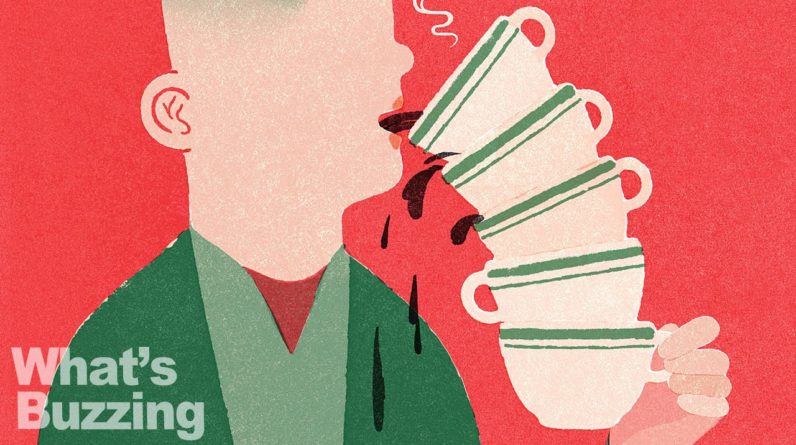
Coffee has been celebrated and ridiculed for centuries. It was accused of causing impotence and insanity, as well as a cure for laziness or a "gift from heaven". This is heavy stuff. But what are the actual, scientifically proven downsides and downsides of coffee that we realize today? Let's go through my list: 1. Bad coffee can be toxic Bad coffee can contain a lot of impurities that can cause illness, headaches or just a bad feeling in general. This can happen if your coffee is made from overripe or otherwise damaged beans. Even a single spoiled bean can contaminate your glass. 2. Coffee can kill you Yes, you heard that right! If you drink 80-100 cups (23 liters) in a short period of time. That dose is lethal, with 10-13 grams of caffeine in your body . 3 coffee can cause insomnia and restlessness. Again, here's the caffeine…the recommended maximum amount of caffeine is 400 mg, which is about the equivalent of 4 cups of coffee.
If coffee is reducing your sleep quality, try quitting it later in the day, such as after 2:00 p.m. 4. If you are pregnant, say goodbye to coffee! Research on coffee's effects on the fetus has been controversial, but one thing is certain: If you drink coffee while pregnant, the caffeine gets to the fetus, too, and your baby is highly sensitive to it. 5. Peeing at night Studies have shown that caffeine intake in children aged 5-7 may increase enuresis, also known as bedwetting. 6. Coffee May Affect Pregnancy Caffeine intake can increase the risk of miscarriage when trying to conceive, so people trying to start a family should exercise caution and monitor their caffeine intake.
7. Coffee is harmful to cholesterol Given that coffee contains certain compounds, too much coffee can lead to increased LDL cholesterol levels. Too much LDL cholesterol can lead to hardening of the arteries, which in turn inhibits blood flow to the heart and deprives it of oxygen. 8. Caffeine may cause anxiety disorders Consuming too much caffeine can cause jitters, anxiety , palpitations, and even exacerbate panic attacks. If you are sensitive to caffeine and easily overstimulated, you should avoid coffee altogether. 9. Caffeine Addiction I am here to talk to all coffee drinkers… when people quit caffeine they experience withdrawal symptoms such as headaches, exhaustion, brain fog and restlessness. This may last for a few days. 10. Caffeine can cause indigestion. Caffeinated beverage drinkers often complain of an upset stomach or indigestion.
This is most common when the beverage is consumed on an empty stomach. Caffeine is a drug, and like any other substance, can affect different people differently. In terms of personal health history, it is imperative that we understand how caffeine interacts with our bodies . For some people, switching from coffee to ginger or other natural energy drinks may be a better choice..







